CLUSTER INFECTIONS CONTINUE
입력 2020.11.10 (15:11)
수정 2020.11.10 (16:45)
읽어주기 기능은 크롬기반의
브라우저에서만 사용하실 수 있습니다.
[Anchor Lead]
As new COVID-19 cases are still concentrated in the greater metro area, small scale cluster infections are also popping up outside the capital region including in Daegu and Gangwondo and Chungcheongnamdo Provinces. Health authorities say maintaining daily life can become difficult if the spread is not contained and decided to step up preemptive testing at facilities vulnerable to coronavirus such as nursing homes.
[Pkg]
This is a teahouse in eastern Daegu city. The entrance is closed off. The owner tested positive to COVID-19 on November 6 which led to at least 9 more transmissions including six customers and two of their family members.
[Soundbite] LEE YEONG-HEE(INFECTIOUS DISEASE MANAGEMENT, DAEGU) : "People can hold small gatherings indoors in the winter. They are advised to wear masks and avoid eating together."
In Wonju, Gangwondo Province, another cluster has been confirmed related to a medical equipment sales business. Employees of this entity as well as customers and subsequently, their family members have been infected amounting to a total of 16 cases. The city of Wonju which has reported over 30 cases in the last 5 days is considering raising its social distancing level. The number of infections nationwide has also been climbing for the 5th straight week. The figure was fewer than 60 in the first week of October which then exceeded 75 in the 4th week of last month and is now nearing 90 this month. New cases continue to emerge not only in Seoul but across the country and with small scale sporadic clusters, it's more difficult to identify the source of infection.
[Soundbite] LEE SANG-WON(CENTRAL DISEASE CONTROL HQs) : "When it comes to small-scale clusters, it's difficult to identify the source and wider measures are necessary relative to the number of confirmed patients. Therefore we must work to prevent the spread."
In a bid to block a so-called quiet spread of the virus where transmission routes are difficult to verify. Authorities have expanded all-out preemptive testing at vulnerable
facilities such as geriatric hospitals, which were limited to the capital and a few other areas. The tests will not be one-off but held regularly. They will take place every other week for facilities in the metropolitan area and once every 4 weeks for those in other regions. Meanwhile a state clinical trials committee on new infectious diseases has pointed out that rapid antigen tests, used to quickly determine whether a person has coronavirus, must be introduced to deal with possible mass infections this winter.
As new COVID-19 cases are still concentrated in the greater metro area, small scale cluster infections are also popping up outside the capital region including in Daegu and Gangwondo and Chungcheongnamdo Provinces. Health authorities say maintaining daily life can become difficult if the spread is not contained and decided to step up preemptive testing at facilities vulnerable to coronavirus such as nursing homes.
[Pkg]
This is a teahouse in eastern Daegu city. The entrance is closed off. The owner tested positive to COVID-19 on November 6 which led to at least 9 more transmissions including six customers and two of their family members.
[Soundbite] LEE YEONG-HEE(INFECTIOUS DISEASE MANAGEMENT, DAEGU) : "People can hold small gatherings indoors in the winter. They are advised to wear masks and avoid eating together."
In Wonju, Gangwondo Province, another cluster has been confirmed related to a medical equipment sales business. Employees of this entity as well as customers and subsequently, their family members have been infected amounting to a total of 16 cases. The city of Wonju which has reported over 30 cases in the last 5 days is considering raising its social distancing level. The number of infections nationwide has also been climbing for the 5th straight week. The figure was fewer than 60 in the first week of October which then exceeded 75 in the 4th week of last month and is now nearing 90 this month. New cases continue to emerge not only in Seoul but across the country and with small scale sporadic clusters, it's more difficult to identify the source of infection.
[Soundbite] LEE SANG-WON(CENTRAL DISEASE CONTROL HQs) : "When it comes to small-scale clusters, it's difficult to identify the source and wider measures are necessary relative to the number of confirmed patients. Therefore we must work to prevent the spread."
In a bid to block a so-called quiet spread of the virus where transmission routes are difficult to verify. Authorities have expanded all-out preemptive testing at vulnerable
facilities such as geriatric hospitals, which were limited to the capital and a few other areas. The tests will not be one-off but held regularly. They will take place every other week for facilities in the metropolitan area and once every 4 weeks for those in other regions. Meanwhile a state clinical trials committee on new infectious diseases has pointed out that rapid antigen tests, used to quickly determine whether a person has coronavirus, must be introduced to deal with possible mass infections this winter.
■ 제보하기
▷ 카카오톡 : 'KBS제보' 검색, 채널 추가
▷ 전화 : 02-781-1234, 4444
▷ 이메일 : kbs1234@kbs.co.kr
▷ 유튜브, 네이버, 카카오에서도 KBS뉴스를 구독해주세요!
- CLUSTER INFECTIONS CONTINUE
-
- 입력 2020-11-10 15:11:36
- 수정2020-11-10 16:45:28
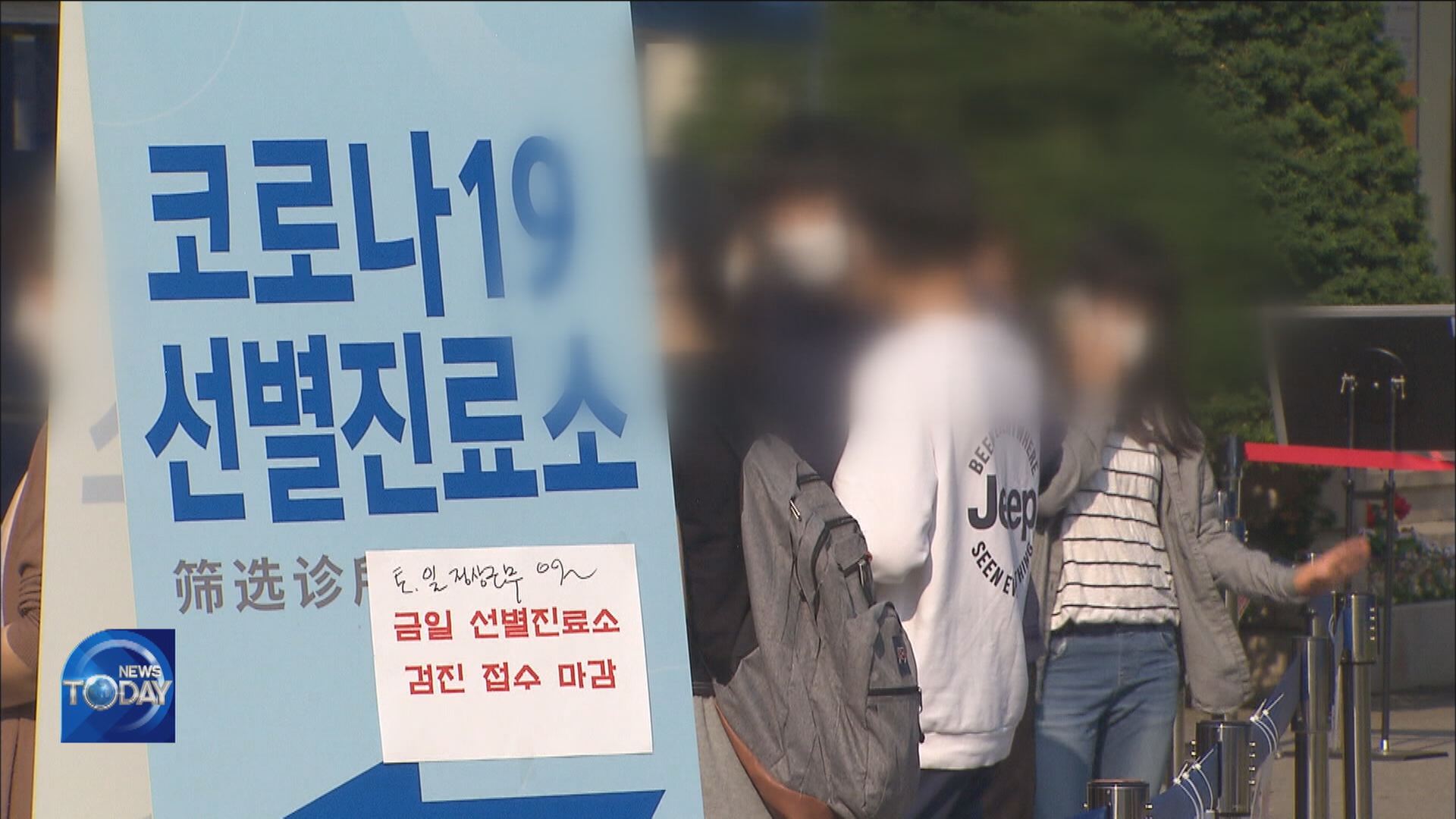
[Anchor Lead]
As new COVID-19 cases are still concentrated in the greater metro area, small scale cluster infections are also popping up outside the capital region including in Daegu and Gangwondo and Chungcheongnamdo Provinces. Health authorities say maintaining daily life can become difficult if the spread is not contained and decided to step up preemptive testing at facilities vulnerable to coronavirus such as nursing homes.
[Pkg]
This is a teahouse in eastern Daegu city. The entrance is closed off. The owner tested positive to COVID-19 on November 6 which led to at least 9 more transmissions including six customers and two of their family members.
[Soundbite] LEE YEONG-HEE(INFECTIOUS DISEASE MANAGEMENT, DAEGU) : "People can hold small gatherings indoors in the winter. They are advised to wear masks and avoid eating together."
In Wonju, Gangwondo Province, another cluster has been confirmed related to a medical equipment sales business. Employees of this entity as well as customers and subsequently, their family members have been infected amounting to a total of 16 cases. The city of Wonju which has reported over 30 cases in the last 5 days is considering raising its social distancing level. The number of infections nationwide has also been climbing for the 5th straight week. The figure was fewer than 60 in the first week of October which then exceeded 75 in the 4th week of last month and is now nearing 90 this month. New cases continue to emerge not only in Seoul but across the country and with small scale sporadic clusters, it's more difficult to identify the source of infection.
[Soundbite] LEE SANG-WON(CENTRAL DISEASE CONTROL HQs) : "When it comes to small-scale clusters, it's difficult to identify the source and wider measures are necessary relative to the number of confirmed patients. Therefore we must work to prevent the spread."
In a bid to block a so-called quiet spread of the virus where transmission routes are difficult to verify. Authorities have expanded all-out preemptive testing at vulnerable
facilities such as geriatric hospitals, which were limited to the capital and a few other areas. The tests will not be one-off but held regularly. They will take place every other week for facilities in the metropolitan area and once every 4 weeks for those in other regions. Meanwhile a state clinical trials committee on new infectious diseases has pointed out that rapid antigen tests, used to quickly determine whether a person has coronavirus, must be introduced to deal with possible mass infections this winter.
As new COVID-19 cases are still concentrated in the greater metro area, small scale cluster infections are also popping up outside the capital region including in Daegu and Gangwondo and Chungcheongnamdo Provinces. Health authorities say maintaining daily life can become difficult if the spread is not contained and decided to step up preemptive testing at facilities vulnerable to coronavirus such as nursing homes.
[Pkg]
This is a teahouse in eastern Daegu city. The entrance is closed off. The owner tested positive to COVID-19 on November 6 which led to at least 9 more transmissions including six customers and two of their family members.
[Soundbite] LEE YEONG-HEE(INFECTIOUS DISEASE MANAGEMENT, DAEGU) : "People can hold small gatherings indoors in the winter. They are advised to wear masks and avoid eating together."
In Wonju, Gangwondo Province, another cluster has been confirmed related to a medical equipment sales business. Employees of this entity as well as customers and subsequently, their family members have been infected amounting to a total of 16 cases. The city of Wonju which has reported over 30 cases in the last 5 days is considering raising its social distancing level. The number of infections nationwide has also been climbing for the 5th straight week. The figure was fewer than 60 in the first week of October which then exceeded 75 in the 4th week of last month and is now nearing 90 this month. New cases continue to emerge not only in Seoul but across the country and with small scale sporadic clusters, it's more difficult to identify the source of infection.
[Soundbite] LEE SANG-WON(CENTRAL DISEASE CONTROL HQs) : "When it comes to small-scale clusters, it's difficult to identify the source and wider measures are necessary relative to the number of confirmed patients. Therefore we must work to prevent the spread."
In a bid to block a so-called quiet spread of the virus where transmission routes are difficult to verify. Authorities have expanded all-out preemptive testing at vulnerable
facilities such as geriatric hospitals, which were limited to the capital and a few other areas. The tests will not be one-off but held regularly. They will take place every other week for facilities in the metropolitan area and once every 4 weeks for those in other regions. Meanwhile a state clinical trials committee on new infectious diseases has pointed out that rapid antigen tests, used to quickly determine whether a person has coronavirus, must be introduced to deal with possible mass infections this winter.
이 기사가 좋으셨다면
-
좋아요
0
-
응원해요
0
-
후속 원해요
0











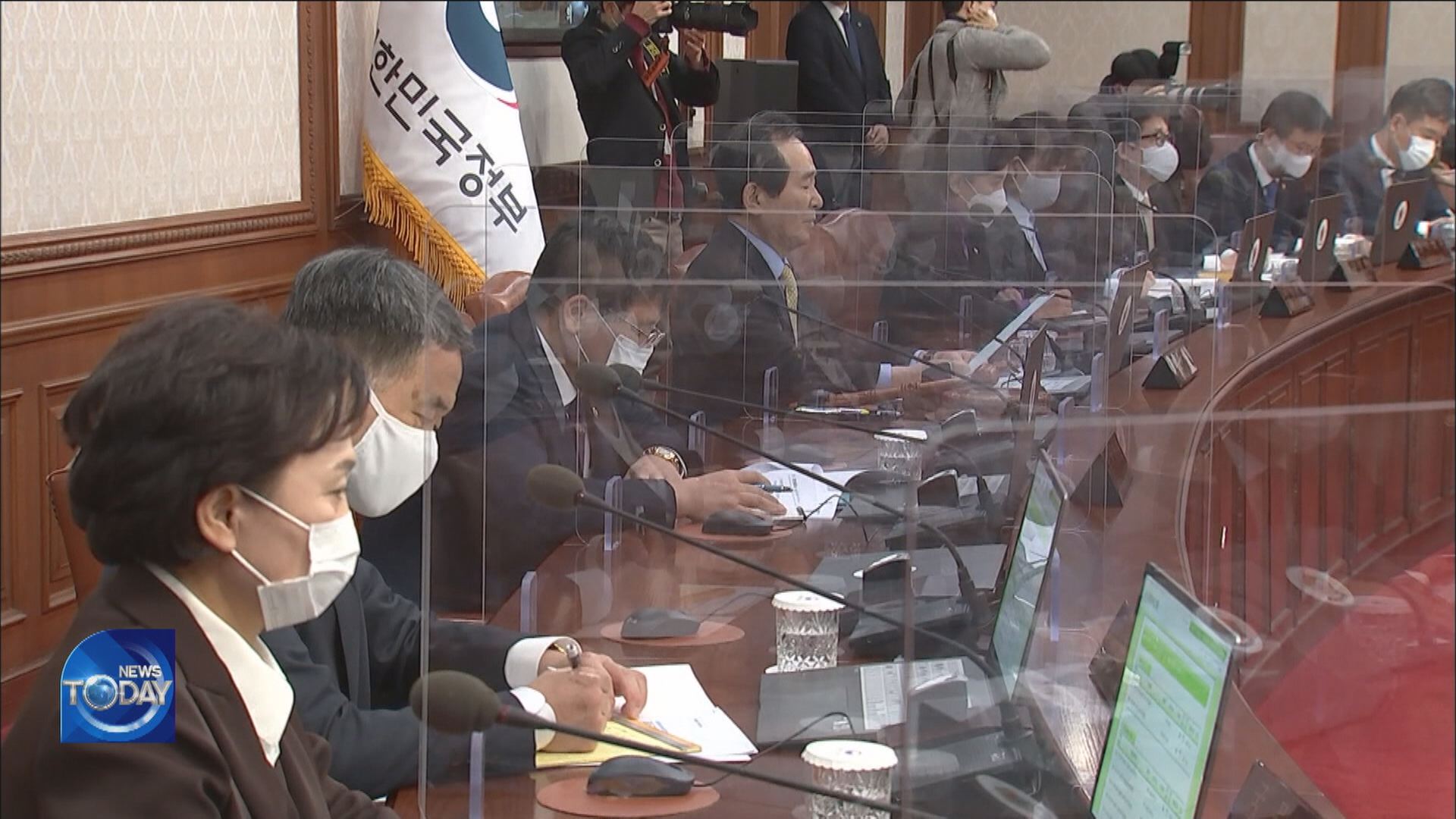
![[단독] “윤석열·김용현 등 공모해 군사상 이익 해쳐”<br>…외환죄 대신 일반이적죄 적용](/data/layer/904/2025/07/20250714_3VTJV3.jpg)
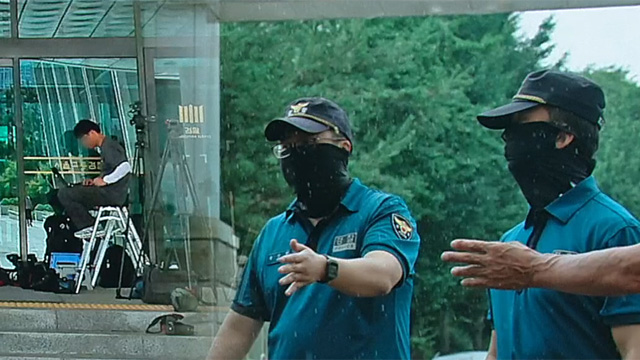
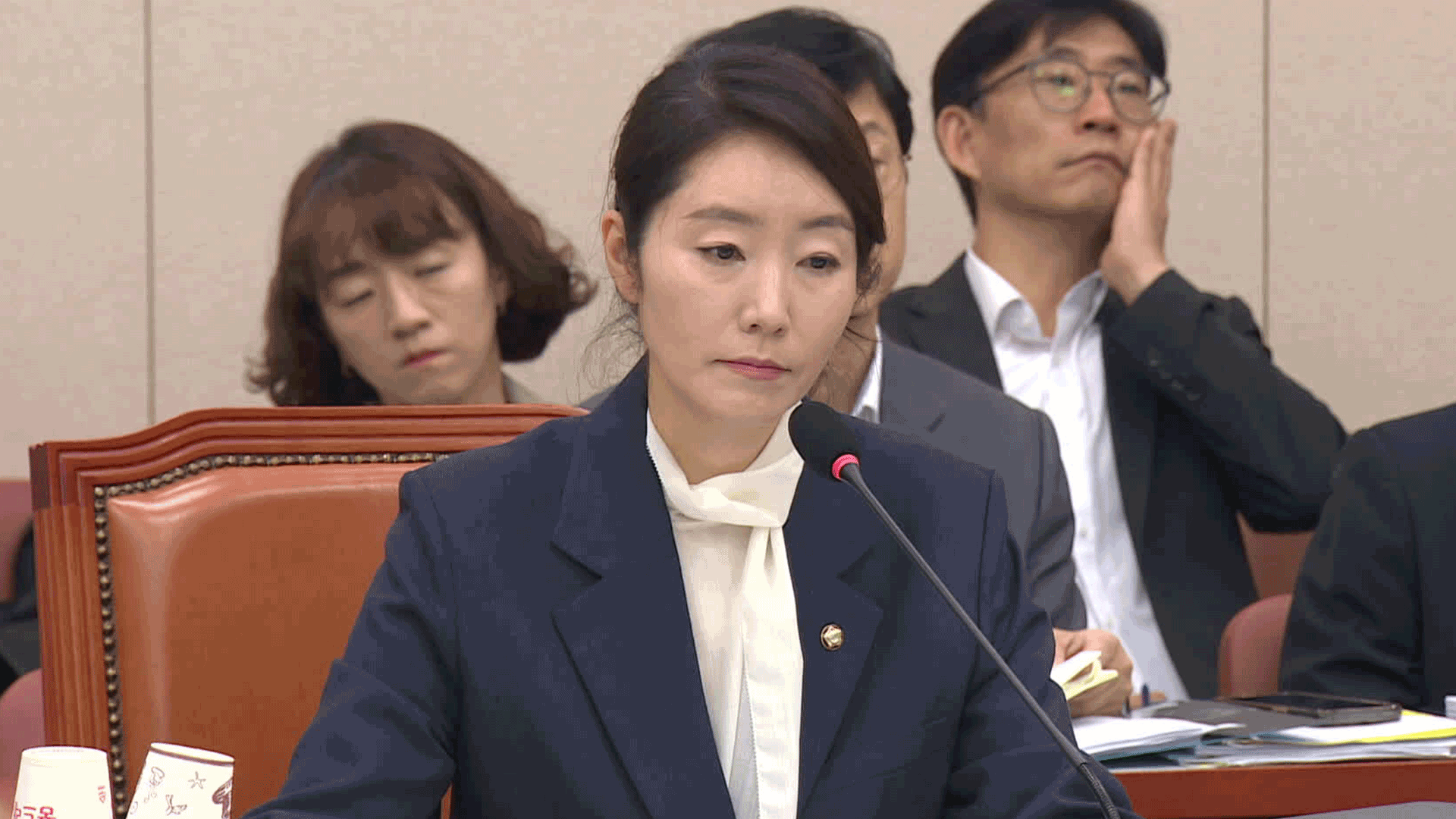
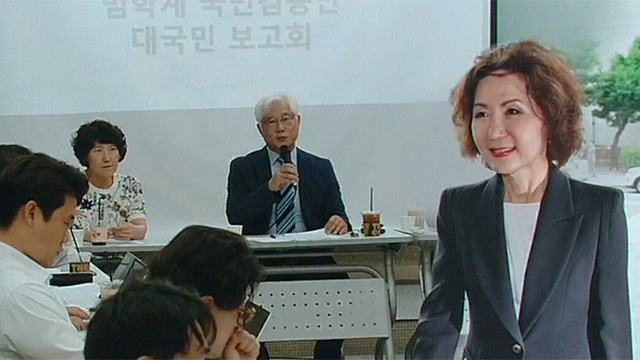

이 기사에 대한 의견을 남겨주세요.